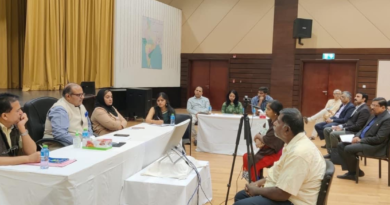Look How India Is Now Adopting AI At A Faster Rate Than the Developed Nations .
According to a recent survey, India has become one of the top countries for the creation and use of AI.
According to a survey published by the intelligent data infrastructure business NetApp, the US, Singapore, India, and the UK have become leaders in the use and innovation of AI. On the other hand, it is noted that countries like Germany, Australia, and Spain are falling behind in adopting this revolutionary technology.
Conclusions from the Study The poll, which evaluated the state of AI implementation across ten nations and 1,300 executives, served as the basis for the report. According to the research, 60 percent of businesses in developed nations, including the US, Singapore, India, and the UK, have either active AI projects or pilots.
On the other hand, only 36% of businesses in developing nations like Spain, Australia, New Zealand, Germany, and Japan have started comparable AI projects.
Different AI approaches The study demonstrates how leaders and laggards handle AI differently.
Globally, 67 percent of businesses in nations that lead the AI space report having hybrid IT environments, with Japan coming in last at 24 percent and India leading the way at 70 percent.
Additionally, benefits like higher production rates (50 percent), automated routine tasks (46 percent), and improved customer experiences (45 percent) are more likely to be experienced by AI leaders.Possibilities and Difficulties The study names data security and IT expenses as the two biggest obstacles to AI adoption.
It does, however, emphasize that these challenges are unlikely to obstruct AI’s advancement. The rising gap in AI adoption, the paper finds, highlights the technology’s significant influence on innovation, economic growth, and global competitiveness.
Leading nations in the adoption of AI stand to gain a great deal in a number of industries, including manufacturing, transportation, healthcare, and finance.
In contrast, those who adopt AI slowly run the danger of losing ground in the competition for superior technology.




